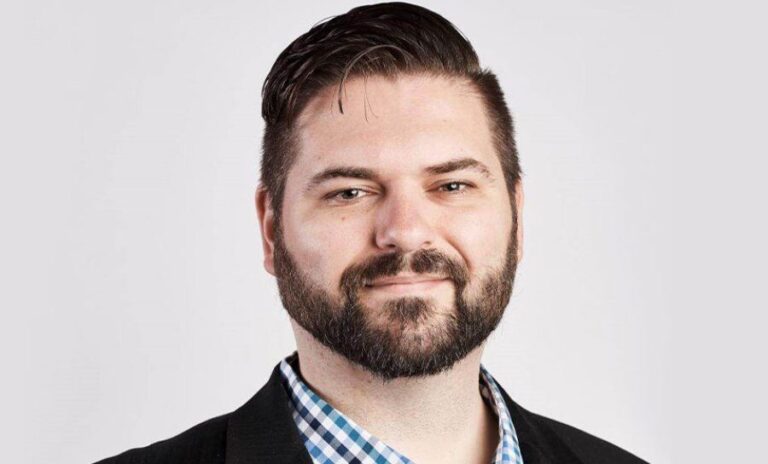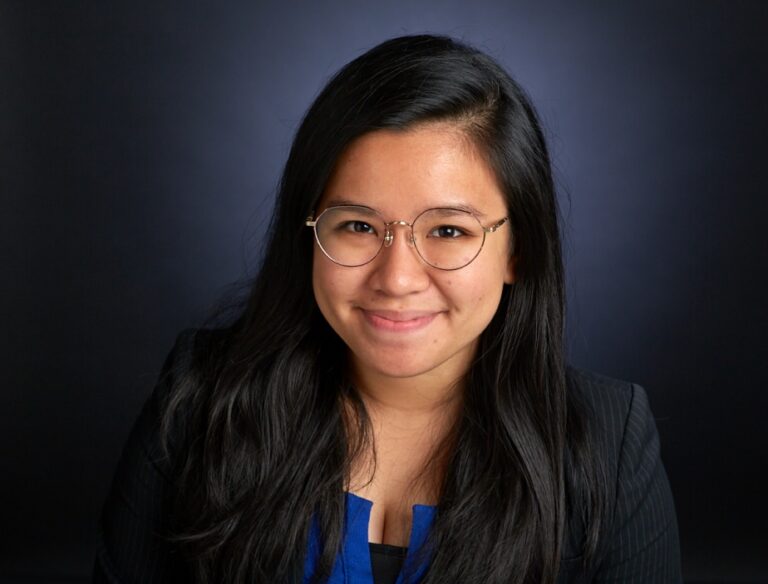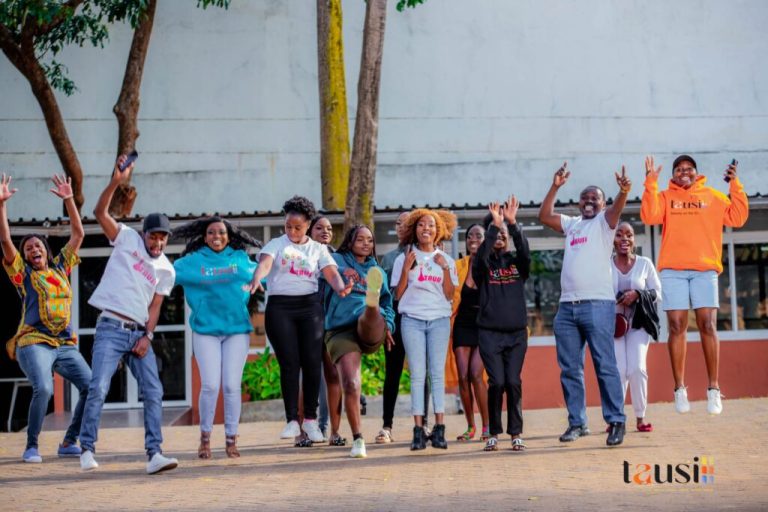Zindi, a South African crowd-sourcing startup, is building a community of data scientists and using artificial intelligence to solve real-world problems
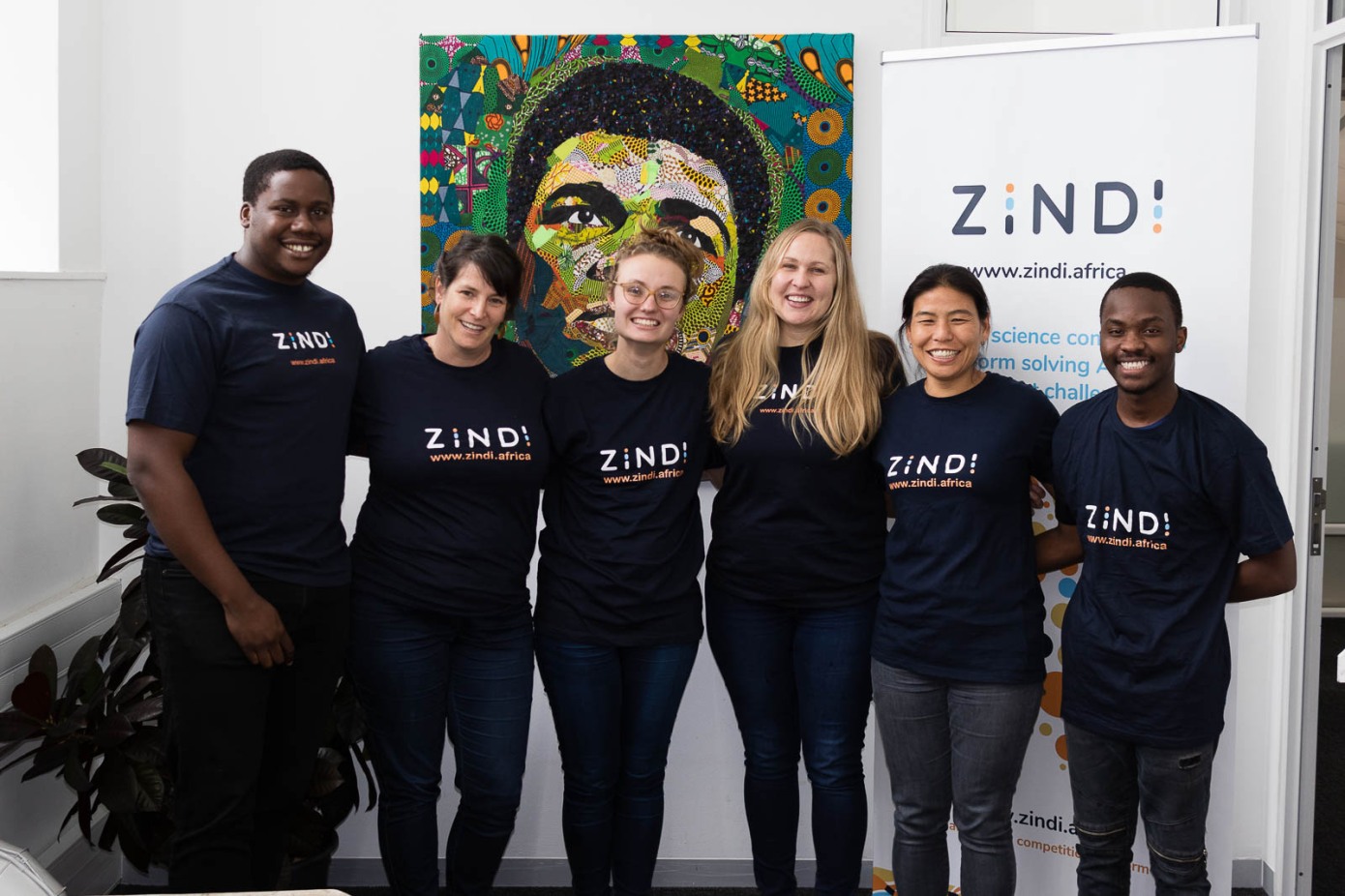
Zindi is all about using artificial intelligence to solve real-world problems for businesses and individuals. And the crowd-solving startup from South Africa has done just that in the three years they’ve been in business.
Last year, a team of data scientists led by Zindi used machine learning to improve air quality monitoring in Kampala, while another group assisted Zimnat, a Zimbabwean insurance company, in predicting customer behavior, particularly who was likely to leave and what interventions might persuade them to stay. Zimnat was able to keep its customers by providing custom-made services to those who would otherwise have left.
These are some of the solutions that have been developed in response to the data-driven challenges that companies, NGOs, and government institutions have presented to Zindi.
Zindi announces these challenges and invites its data scientist community to participate in solution-finding competitions. Participants submit their solutions, and the winner receives a cash prize. The competition hosts get to use the best results to overcome the challenge they faced, such as in AirQo’s air quality monitoring project, which sought solutions for forecasting air pollution across Uganda, and in assisting Zimnat in cutting its losses.
“As a result, AirQo now has a dashboard that allows the public to check air quality and forecast air quality.” “One of the exciting aspects of this project is that AirQo hired two of the challenge winners to assist with project implementation,” said Celina Lee, co-founder and CEO of Zindi. Megan Yates from South Africa and Ekow Duker from Ghana are the platform’s other co-founders.
“AirQo also raised funding from Google based on the solution that they built, and they’ll now be replicating it in other African countries,” Lee said of the competition, which was organized in collaboration with the University of Birmingham’s Digital Air Quality East Africa (DAQ EA) project and Makerere University’s AirQo project.
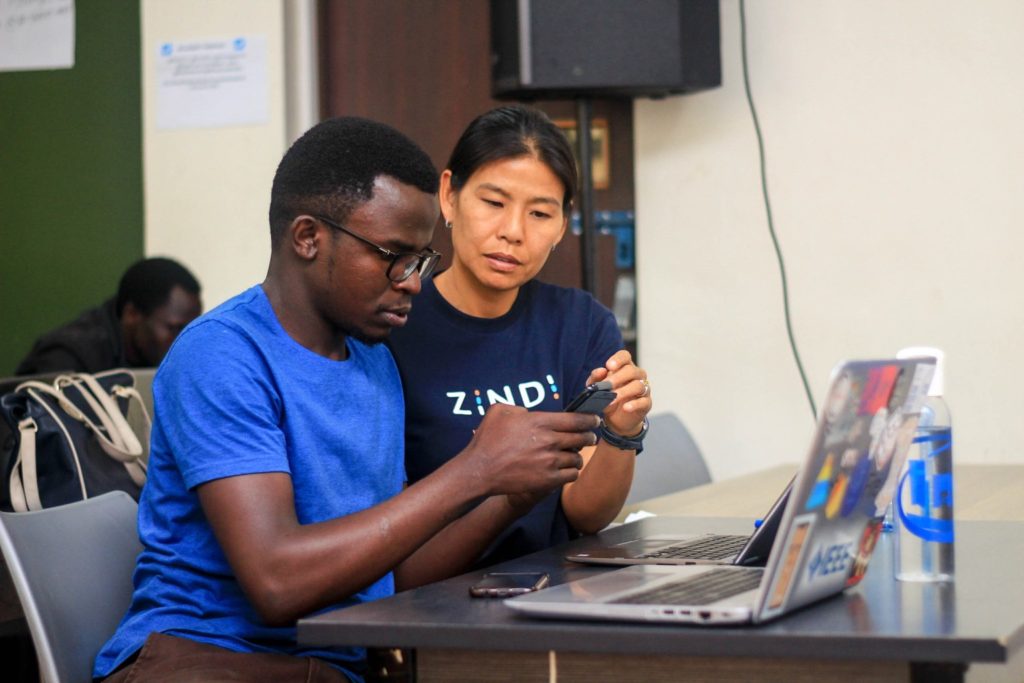
Microsoft, IBM, and Liquid Telecom are among the notable private and public organizations that have used Zindi. UNICEF and the South African government
Lee is excited about what Zindi has accomplished thus far and is optimistic about the community’s future given how the crowd-solving startup has grown since its inception. The platform is now offering alternatives and increasing competition against traditional consulting firms operating throughout Africa, which are frequently expensive.
Since the beginning of the year, Zindi’s user base has tripled to 33,000 data scientists from 45 countries across the continent. It has also awarded $300,000 in prize money to data scientists.
This figure is expected to rise as it hosts the third inter-university Umoja Hack Africa challenge in March of next year, in which college students will compete for various solutions.
Zindi is using the inter-university competition to expose students to real-world data science challenges and to expose them to practical data science experiences. During last year’s event, the platform attracted approximately 2,000 students during the event, which was held virtually due to the pandemic.
“Students get to build their first machine learning models, which opens up all kinds of doors for their careers and education,” said Lee, who is originally from San Francisco.
Zindi currently operates a job portal in order to “shorten the path from learning to earning.” By posting job openings on the talent placement portal, organizations can tap into their talent pool.
After recognizing a knowledge gap and the need for training, the crowd-solving platform intends to introduce a learning component that will provide training material to aspiring data scientists. Furthermore, Lee stated that the majority of Zindi’s users are university students in need of learning experience and enhanced skills to solve world problems.
The new plans will be made possible by the platform’s recent $1 million seed funding.
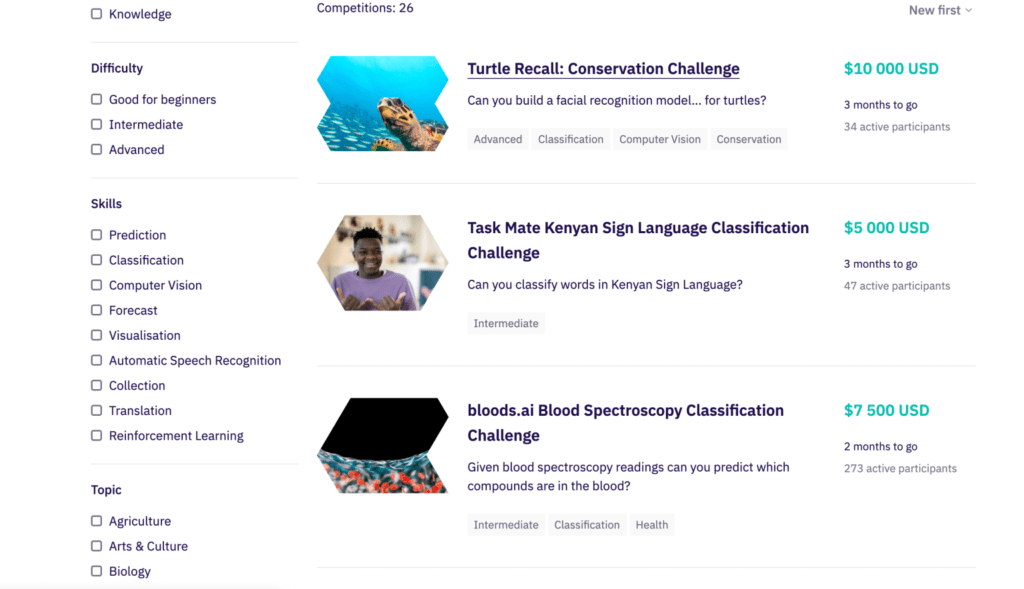
“For us, it’s really about scaling the community and creating more value for all of our data scientists,” Lee explained.
“So we’re going to use the funding to introduce much more learning content, because one of the things we understand is that data science is such a new field, especially in Africa.” And many of our data scientists are still in college or are just starting out in their careers. And they’re just looking for a chance to learn and grow.”
Shakti, a San Francisco-based venture capital firm, led the seed round, with participation from Launch Africa, Founders Factory Africa, and five35.
According to Lee, all of these plans are aimed at building a strong data science community in Africa and for the continent, and they hope to reach one million users in the near future. This, she claims, will be accomplished by providing early-career data scientists with training opportunities and establishing a strong community that encourages collaboration and mentorship.
“And so, where we want to eventually reach a million data scientists in Africa – we want to make data science something that any young person interested in pursuing this career has access to the tools, connections, and experience that they need to make a successful career in this field,” Lee said.
“Our goal is to make AI available to everyone.”


